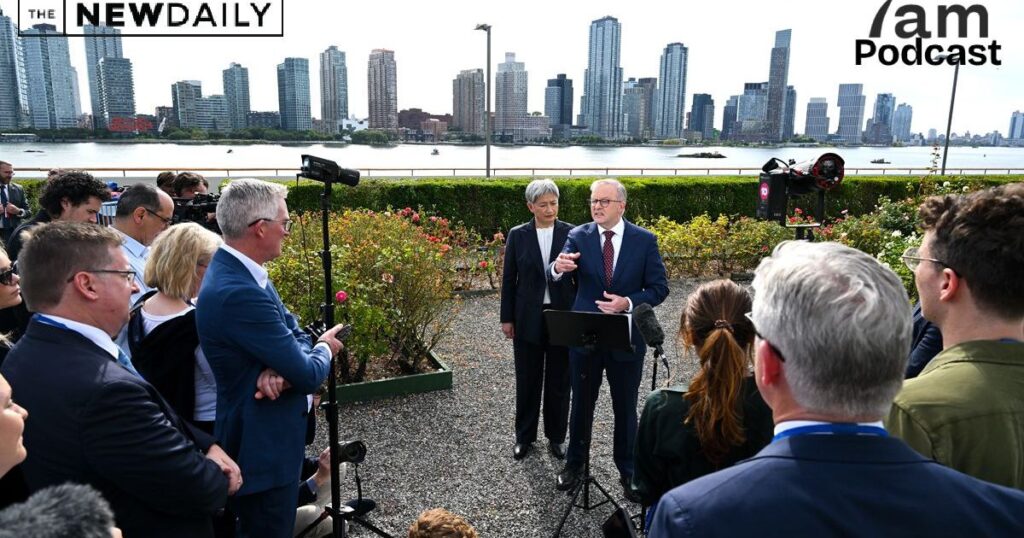
The United States has issued a strong warning to Australia regarding its potential recognition of Palestinian statehood. This comes at a time when there is no active peace process in Gaza and the Biden administration remains opposed to the idea of Palestinian statehood. The implications of Australia’s decision are significant given the ongoing conflict and the role of international diplomacy in the region.
Australian leaders have been contemplating a formal recognition of Palestine, a move that would align with a growing number of countries expressing support for Palestinian rights. However, the US State Department has cautioned that such a recognition could undermine efforts for a peaceful resolution to the Israeli-Palestinian conflict. According to a senior official, the US believes that recognition of statehood is premature given the current geopolitical landscape.
Impact of Recognition on Peace Efforts
The absence of an active peace process has raised questions about the effectiveness of recognition. Without tangible negotiations or a framework for dialogue, the US argues that such a step by Australia would not contribute positively to the peace efforts. The US has reiterated its commitment to a two-state solution, but without the backing of a robust peace initiative, this goal remains elusive.
The Australian government has expressed its commitment to supporting peace and stability in the region. However, the potential recognition of Palestine could complicate its diplomatic relationships, particularly with Israel and the United States. The relationship between Australia and the US has traditionally been strong, and any perceived shift in Australia’s stance on Palestine could strain these ties.
According to the United Nations, over 2 million people live in the Gaza Strip, which has been under siege for over a decade. The humanitarian situation continues to deteriorate, prompting calls for international intervention and support. Yet, the US maintains that recognition should be contingent upon clear and achievable goals for peace.
Broader International Reactions
International reactions to Australia’s potential recognition of Palestine vary widely. Many European countries have already recognized Palestine, while others remain hesitant. The complexities of the Israeli-Palestinian conflict require careful navigation, and Australia’s decision could set a precedent for other nations.
Analysts argue that Australia’s recognition, if pursued, might influence public opinion and diplomatic relations across the region. The call for recognition is part of a larger movement advocating for Palestinian rights and sovereignty, which has gained momentum in recent years.
As Australia weighs its options, the implications of its decision extend beyond diplomatic circles. The situation in Gaza, coupled with the geopolitical dynamics involving the US and Israel, underscores the intricate balance required in international relations. The next steps in this ongoing conversation will be critical as Australia seeks to navigate its role on the global stage while responding to domestic and international calls for justice and peace in Palestine.
In conclusion, while Australia considers the recognition of Palestine, the US remains firm in its position, emphasizing the need for a peaceful resolution that prioritizes stability in the region. The future of this issue will depend on ongoing dialogue and the ability of nations to work collaboratively towards a sustainable solution.







